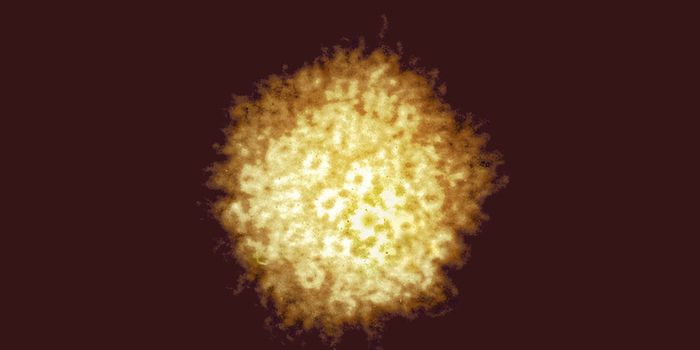Wildfire Health Hazards Include Airborne Microbes
Research has shown that air pollution and smoke can have serious detrimental health effects. Now scientists have revealed a potentially underappreciated aspect of wildfire smoke: microbes. Reporting in Science, investigators have suggested that it’s time to pay more attention to the health consequences these microorganisms may cause as wildfire seasons become longer and wildfires spread to new areas of the planet.
Smoke exposure is known to cause allergic or inflammatory diseases such as asthma or bronchitis. It can play a role in the development of heart disease and may increase the risk of stroke and heart attack, and has been shown to cause premature death. A recent report made headlines for conclusively showing that the death of a nine-year-old British girl was because of air pollution. Another study has shown that air pollution is reducing life expectancies of many people around the world, in some places by as much as three years. Smoke from Australian bushfires earlier this year is estimated to have caused the deaths of about 400 people and sent over 2,000 to the hospital.
"The health impact of inhaling wildfire smoke increases dramatically during high-emissions wildfires and with long exposure," said study co-author Leda Kobziar, associate professor of Wildland Fire Science at the University of Idaho. "Yet, the risk of infection to the respiratory tract after this exposure is frequently overlooked."
When wildfires occur, they generate bioaerosols, which are airborne particles that contain microbes like fungi and bacteria and the molecules they generate. Particles that are under five microns in size can apparently migrate for hundreds or thousands of miles, depending on the fire and the conditions in the atmosphere. Eventually, these particles settle down on a surface or get inhaled.
The level of microbes in smoke tends to be higher near the source of the fire, and some of them can be infectious. Some soil bacteria and fungi, like coccidioidomycoses, can be sent into the air and eventually cause illness.
"We don't know how far and which microbes are carried in smoke," noted study co-author George Thompson, associate professor of Clinical Medicine at the University of California Davis. "Some microbes in the soil appear to be tolerant of, and even thrive under, high temperatures following wildfires."
"At the scale of a microbe, fire behavior research has shown that heat flux is highly variable, so it may be that many microbes aren't even subjected to the high temperatures for very long. They may also be protected in small clusters of particulate matter," explained Kobziar.
A collaborative effort from scientists in different fields will be needed to fully understand the effect of microbes in wildfire smoke.
"With longer wildfire seasons and higher severity trends, there is an urgency to work together in studying the behavior of the microbes carried by the smoke and their impact on human health," added Thompson.
Sources: AAAS/Eurekalert! via University of California Davis, Science









